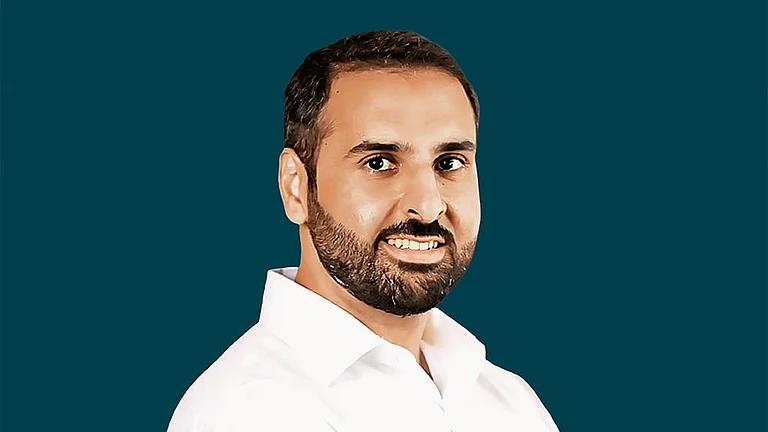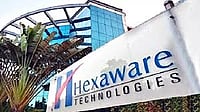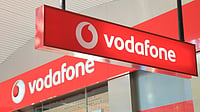Never underestimate the power of kindness, empathy, and compassion in your interaction with others – Ratan Tata
The chairman emeritus of Tata Group breathed his last at Mumbai’s Breach Candy Hospital at 11.30 pm on Wednesday. A Padma Vibhushan recipient, Tata, had been admitted to intensive care unit (ICU) since Monday.
Tata Group joined the family business after earning a BS in architecture from Cornell University, Ithaca, New York, in 1962. He became the chairman of Tata Industries a decade later. In 1991, he succeeded his uncle JRD Tata as the chairman of the Tata Group, who has been in charge for more than half a century.
The veteran industrialist’s leadership style has often been characterised by his deep emotional connection to the people and communities affected by his business decisions. While some of his emotional calls may not have aligned strictly with conventional business logic, they have undeniably strengthened the Tata brands reputation in India and across the world.
One of Ratan Tata’s most ambitious projects was the Tata Nano, the car conceptualised by him in the early 2000s. The project aimed at providing middle-class Indians with a safe and affordable four-wheeler.
In an Instagram post in May 2022, Tata shared that what really inspired him to produce the Nano was the struggles of Indian families with scooters. “What really motivated me and sparked a desire to produce such a vehicle, was constantly seeing Indian families on scooters … The Nano, was always meant for all our people,” his post read.
While the car was intended to be an affordable vehicle for the masses, it faced several challenges and a poor marketing strategy. Despite the vision of making an affordable car for the masses and middle class, the project struggled to meet sales expectations was discontinued in May 2018. Tata Nano sold around 298,000 units throughout lifetime.
Another notable example is Tata’s response during crises, such as the 2008 terrorist attacks in Mumbai. Tata’s iconic Taj Mahal Palace was once of the two luxury hotels that were attacked, along with a railway station, a hospital, a Jewish cultural centre and some other targets in Mumbai. He personally visited the affected areas, offering support and solidarity to the victims, which resonated deeply with the public.
Thirty-three of the 166 people who were killed in the 60-hour siege were at Taj Mahal Palace. This included 11 hotel employees, a third of hotel’s total casualties. Tata pledged to look after the families of employees who were killed or injured, and paid the relatives of those killed the salaries they would have earned for the rest of their lives. He also spent over $1 billion to restore the damaged hotel within 21 months.
In 1990s, when Tata Steel was struggling with serious financial and existential crisis, the company had to take the painful decision of reducing the workforce by half from 80,000 to 40,000.
However, Tata Steel introduced an employee separation scheme (ESS) which became a benchmark of humane approach to layoffs.
According to ESS, the entire workforce was divided into three groups. For employees aged above 55, their current salaries until they reached the retirement age of 61 were paid. Those between the ages of 45 and 55 received 1.2 to 1.5 times their salary until retirement. In case of an employee’s death before the designated retirement date, their families continued to receive full salary payments until that date.
Employees were provided with medical insurance for themselves and their families for their entire lifetime. In addition, they were allowed to continue to stay in company quarter for three years while they arrange an alternative accommodation.
































